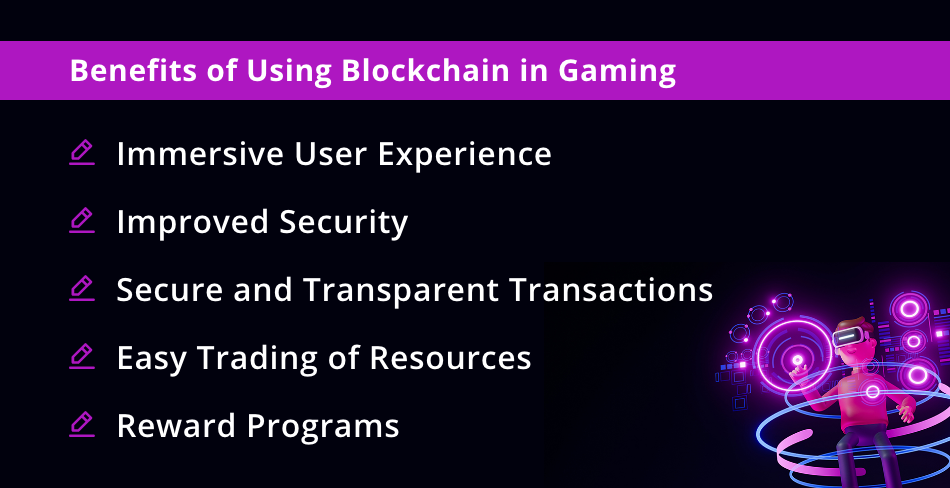Hookup Check: Your Ultimate Dating Resource
Explore insights, tips, and advice for modern relationships and hookups.
Game On: How Crypto is Leveling Up the Innovation Game
Discover how crypto is transforming innovation in gaming! Dive into the next-level tech reshaping the industry and fueling creativity.
Exploring the Blockchain Revolution: How Crypto is Transforming Game Development
The blockchain revolution is reshaping multiple industries, and game development is no exception. As developers and gamers increasingly embrace cryptocurrency and decentralized technologies, the gaming landscape is undergoing a significant transformation. One of the most impactful aspects of this revolution is the concept of play-to-earn models, which allow players to earn real-world value through their in-game activities. This paradigm shift not only provides new revenue streams for developers but also empowers players with true ownership of their in-game assets, thanks to non-fungible tokens (NFTs) and other blockchain innovations.
Moreover, the integration of smart contracts is streamlining the game development process by automating various functionalities, such as in-game transactions, royalties for creators, and ensuring transparent governance. As a result, developers can focus on crafting immersive gaming experiences without the intermediary complexities often associated with traditional publishing models. The adoption of blockchain technology is fostering community-driven game ecosystems, where players can actively participate in decision-making and governance, thus creating a vibrant and engaged gaming community.

Counter-Strike is a popular first-person shooter game that emphasizes teamwork and strategic gameplay. Players can choose between different factions, primarily terrorists and counter-terrorists, and engage in various game modes. To enhance your gaming experience, consider using a winz.io promo code for exciting bonuses.
From Play-to-Earn to NFTs: The Future of Gaming in a Crypto World
The gaming industry is undergoing a revolutionary shift with the advent of Play-to-Earn models and Non-Fungible Tokens (NFTs). These innovations are transforming the way players engage with games, enabling them to earn real value through their in-game achievements. No longer confined to purely recreational experiences, gamers now have the opportunity to monetize their skills and time. As blockchain technology continues to evolve, the convergence of these elements is setting the stage for a new era where games not only entertain but also provide tangible economic benefits for players.
Looking ahead, the future of gaming in a crypto world is poised for exciting expansions and possibilities. With the integration of digital currencies, gamers can easily transact and invest, making the gaming experience even more immersive. As developers harness the power of NFTs, unique in-game items and characters can be owned, traded, and valued in ways never before possible. As the landscape evolves, embracing these innovations will be crucial for both players and developers aiming to thrive in this burgeoning digital economy.
Is Crypto the Key to Unlocking Truly Decentralized Gaming Experiences?
The rise of cryptocurrency has sparked a new era in the gaming industry, leading many to wonder if crypto is the key to unlocking truly decentralized gaming experiences. Traditional gaming platforms often rely on centralized servers, which can restrict player ownership and limit the potential for player-driven economies. By leveraging blockchain technology and cryptocurrencies, developers can create games that empower players to truly own their in-game assets. This transition could facilitate a new paradigm where virtual items can be bought, sold, and traded freely on open markets.
Additionally, decentralized gaming experiences allow for greater transparency and fairness in gameplay, as the underlying algorithms operate on an immutable ledger. Players can trust that rules are enforced consistently without interference from central authorities. Furthermore, incorporating crypto into gaming ecosystems enables innovative funding models, such as play-to-earn schemes, that provide real economic opportunities for gamers worldwide. As the demand for these experiences grows, the fusion of cryptocurrency and gaming could redefine the landscape, making it more inclusive and rewarding for all participants.